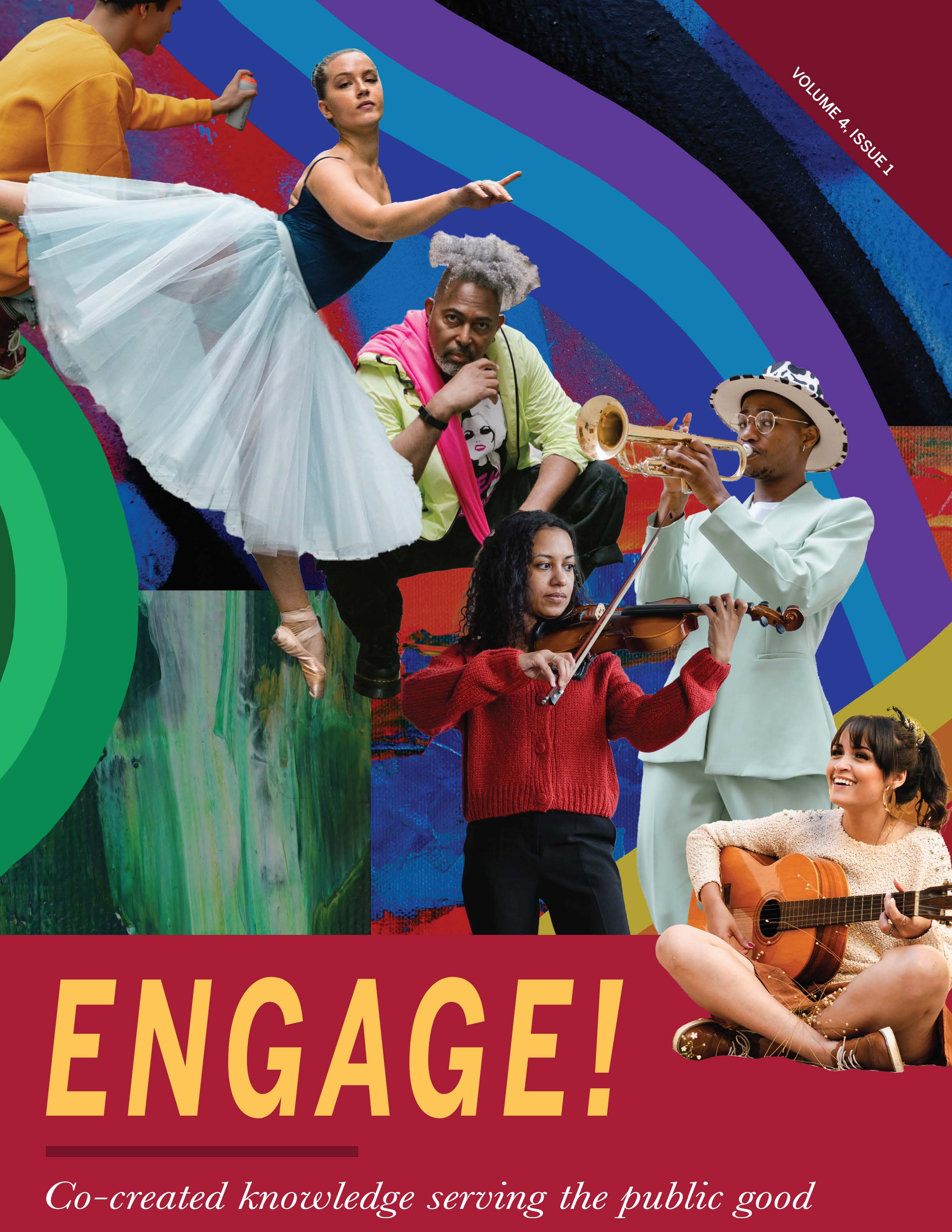Why Cultural Diplomacy Is More Relevant—And More Challenging—Than Ever
DOI:
https://doi.org/10.18060/26056Keywords:
cultural diplomacy, indigenous culture, violin, pandemic art, Rarámuri, Sierra TarahumaraAbstract
The authors, both violinists and founders of cultural diplomacy organizations, relate the challenges of conducting meaningful cultural diplomacy during a pandemic. Their work included video collaborations bringing together musicians from North America, Europe, Africa, and Asia; in-person work in the remote Sierra Tarahumara mountains of northern Mexico; and a unique project to promote the sustained livelihood and increased access of freedom and security of 326 Afghan musicians.
Downloads
Published
2022-06-22
Issue
Section
Community-Engaged Research Articles
License
Copyright (c) 2022 William Harvey, Fernanda Villalvazo

This work is licensed under a Creative Commons Attribution-NonCommercial 4.0 International License.

